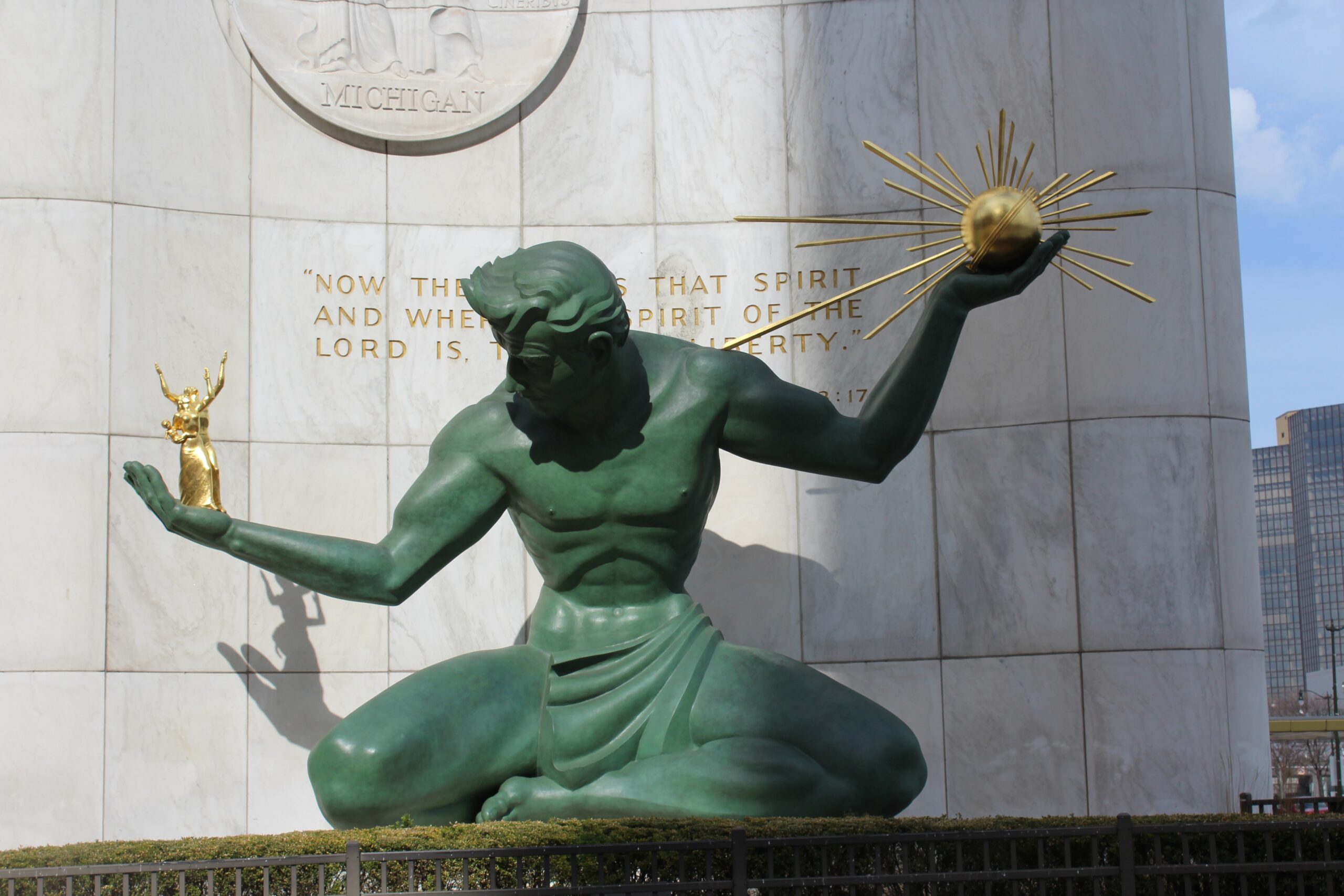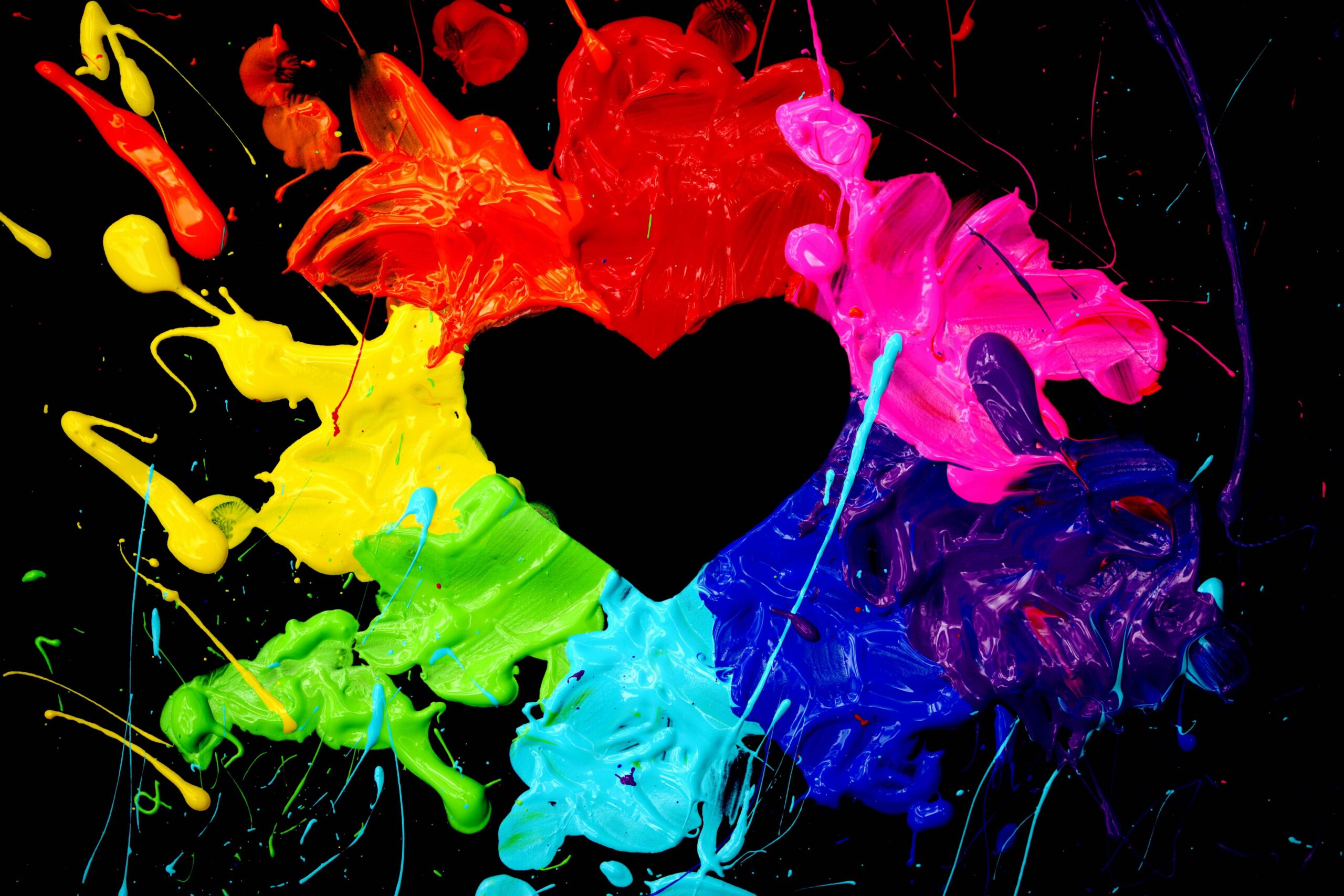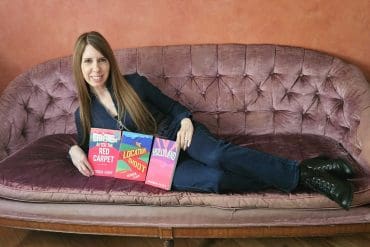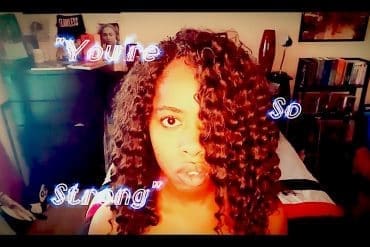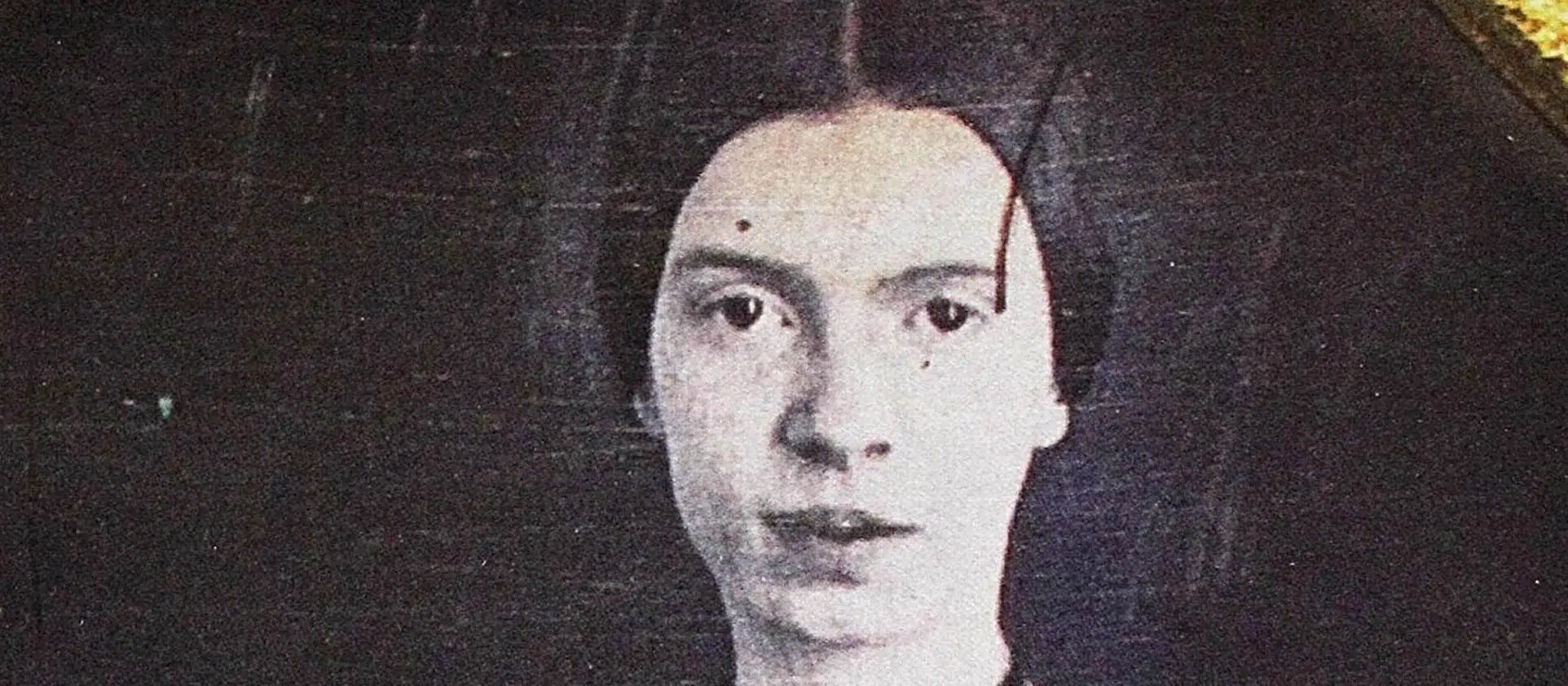For me, being a feminist simply means I am a strong, independent woman who has ideas and thoughts of her own; but it also means something else, which is an idea that confuses even me. I mean, how could I be a feminist when I am also a conservative woman?
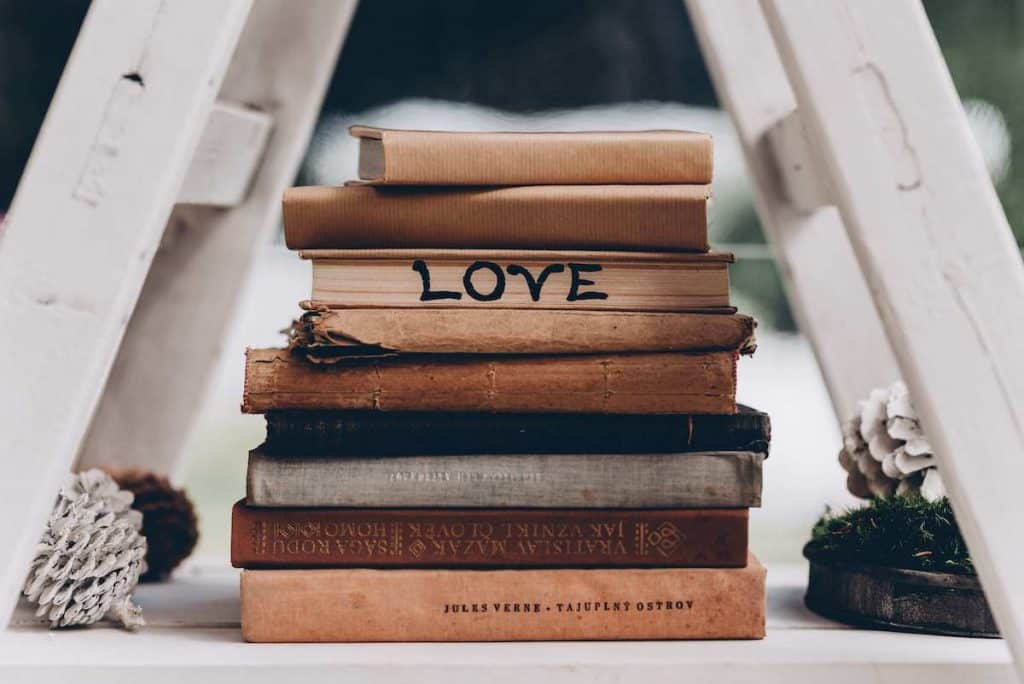
Photo of books by Victoria Priessnitz for Unsplash
“To hope means to be ready at every moment for that which is not yet born,
and yet not become desperate if there is no birth in our lifetime.” Emily Dickinson
For the last 20 years while at home raising my three children I had loved to read but felt pulled in too many directions to actually sit down to pick up some of my favorites. One day a few years ago, I went into one of my son’s rooms. Both my sons attended a private all boys college preparatory school, like I had. I had been doing my daily sweep of the bedrooms to pick up dirty laundry, gum wrappers, or water bottles and cups off their desks, when I stopped to pick up the latest classic my son was reading in class. Later that night during dinner I asked him, “Oh, you are reading Homer?” To that I got a “yeah.” I always asked both of my sons about their readings and latest papers, and many times I was met with lackluster enthusiasm, yet it got my mind thinking and longing for the days I would sit down to analyze a soliloquy of Shakespeare or pore over pages of Beowulf, neither of which made anyone think I was cool or interesting. I had exposed all three of my children to books from the time they were born, and in no time I had bookcases in each of their rooms to house every book I loved and series they wanted to read and collect. I myself had amassed a huge library of classic literature, plays, and poetry over the years, that sat on the bookshelves like badges of honor. The books I had read, loved, studied, and analyzed long ago sat there collecting dust, like my desire to do something with my passion for literature.
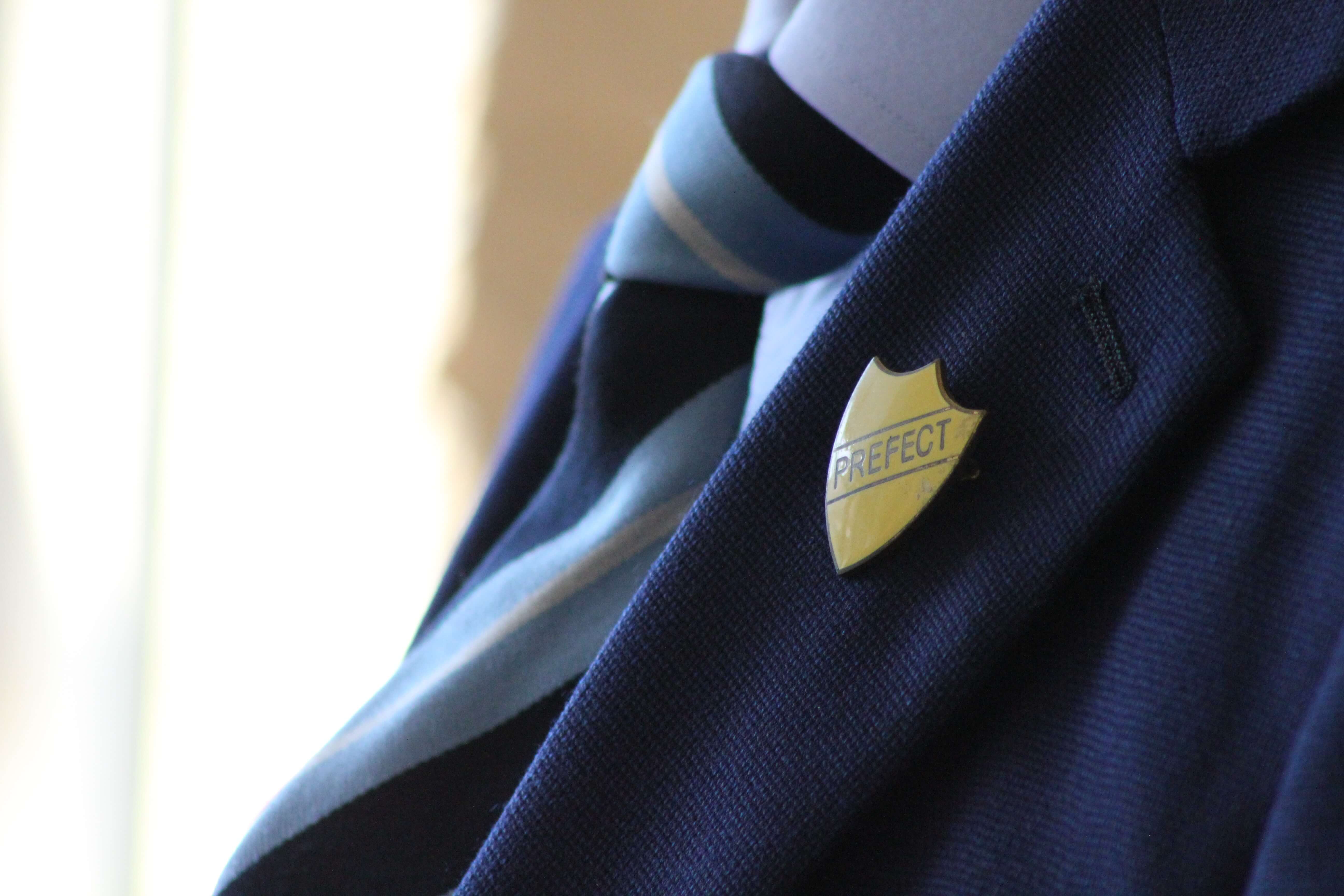
Photo by Robin Worrall for Unsplash
“I am out with lanterns, looking for myself.” Emily Dickinson
I was raised in a section of Boston that was white, middle class, and predominantly Irish. I attended parochial elementary school there, followed by an elite all girls Catholic prep school just outside the city, and went on to get my B.A. in Liberal Arts from Villanova University, “affectionately” nicknamed VANILLAnova. Needless to say, I was not ever really exposed to much diversity at all. The only exposure I had was due to the busing system implemented in the City of Boston in the 1970s, which bused minority students from more diverse lower income neighborhoods to those of more affluent areas, such as the one my family lived in. This did not affect me or my friends personally, because we went to Catholic school. I can remember feeling ashamed walking to school in my plaid skirt and sensible brown shoes with a healthy lunch in my backpack, while watching the buses pass by with small dark faces pressed against the windows staring at us in awe. I was too young to understand the concept of busing, but I did know that I was lucky that I did not have to leave my neighborhood and could walk with my friends the mile to and from school every day. You see, throughout my entire life I didn’t realize that my culture was affecting my education, or was it that my education affected my culture?
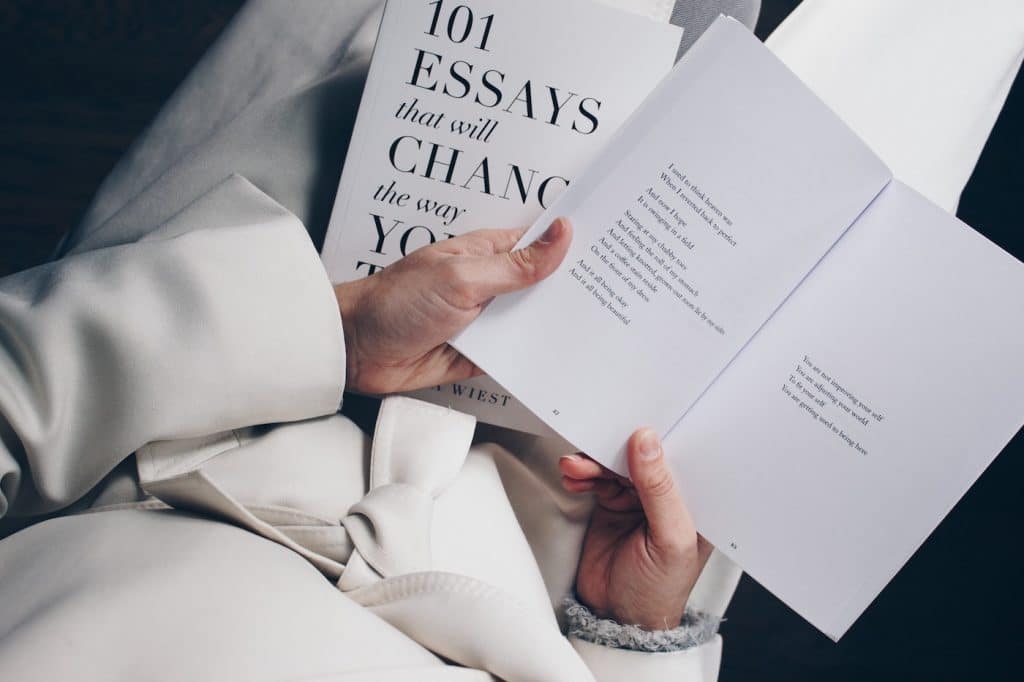
Photo by Thought Catalogue for Unsplash
“That it will never come again is what makes life sweet. Dwell in possibility.
Find ecstasy in life; the mere sense of living is joy enough.” Emily Dickinson
About three years ago, I decided it was time to start pursuing my love of reading and writing. I longed for the days of academia and missed the purpose and joy it gave me. I started looking for online English graduate programs, where I could pursue this passion of mine to read and study literature again. In March of 2019, a particular professor opened my eyes to all aspects of theoretical analysis, and this is where my reluctance to admit I was a feminist was born. Throughout this course I became infatuated with feminist theory and gender theory, initially through works of Kate Chopin and Charlotte Perkins Gilman, and then eventually through the work of my beloved “friend,” Emily Dickinson, who appeared to me one day and has been with me ever since. I instantly loved her poetry and her unconventional style; her short lines and dashes made her unique yet memorable, but her life and her persona fascinated me more. I was drawn to her obsession with death and nature, and could personally relate to the pressure she put on herself and the anxiety it evoked. Her lack of interest in luxury perplexed me. How could she sit at a tiny desk all day writing in the corner of her bedroom for hours and hours? Yet, I have my very own small desk with an inkwell hole in my bedroom, that I sarcastically refer to as my “Emily Dickinson” desk, that due to the pandemic and my entire family all working and studying under one roof, I had to retreat to if I needed a place to work and teach this past year. What fascinated me more than anything about Emily Dickinson, however, is her strange similarity to me and my life.
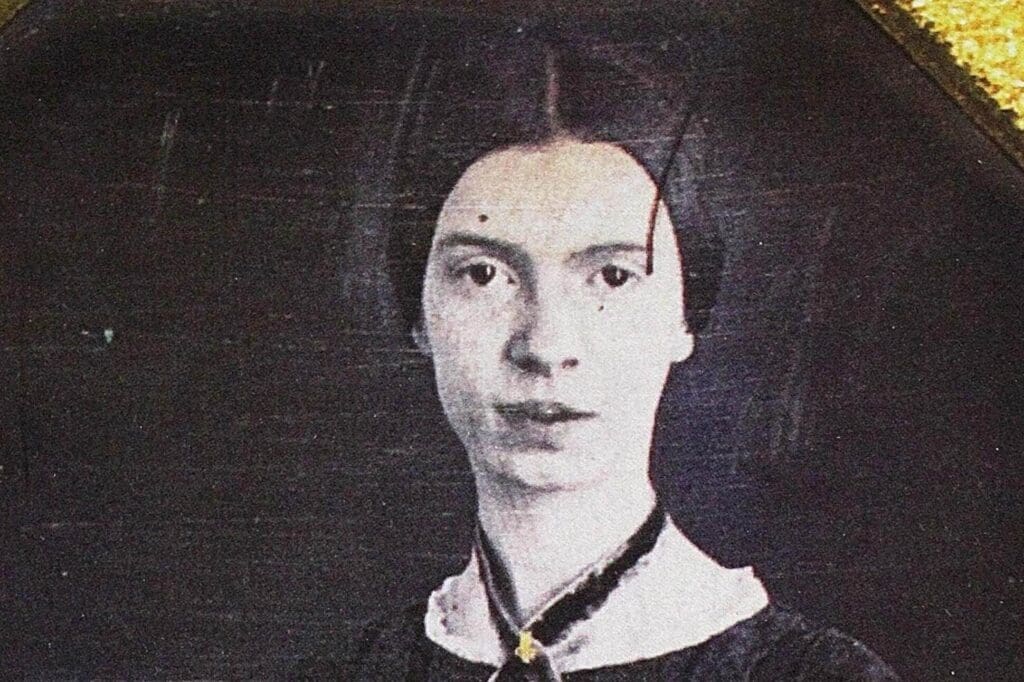
Photo of Emily Dickinson from Wikipedia
“The brain is wider than the sky.” Emily Dickinson
Emily Dickinson was born and raised in Amherst, MA, and had the privilege of being well-educated. Her father had made it clear that writing and being published was not a suitable goal nor occupation for a young woman in the latter part of the 19th century. Perhaps this is why only a dozen of her over 1800 poems were ultimately published. In fact, the rejection was difficult for her, and this is where I find I can empathize with her. She had been reclusive, yes, and rumored to be odd, only dressing in white, and refusing to see house guests who came to her home. Yet, after much reading and watching several biopics, I found her to be quite refreshing. She felt misunderstood it seems and afraid to reveal who she really was for fear of rejection. Perhaps that is why she was so private, especially about her love life.
I would often ask myself, what would Emily think of what I am writing? I drew inspiration from her and what I believe was a strong, introspective, witty, and rebellious character, much like myself. She also seemed to be the kind of person, much like myself, who always felt caught between two worlds. What I am is a woman who wants to look at the world through multiple perspectives. I had always only seen the world through the lens that was provided to me. So I lost myself in books, all kinds of books, mostly by women, because all I had ever been exposed to was dead white men, who lived hundreds, and thousands, of years ago, and been continually part of my academic journey throughout my life. The best paper I wrote in an undergraduate English class was analyzing the role of women in Shakespeare’s plays. In fact, many papers I wrote, even back in college, embraced the feminist lens. I should have seen the writing on the wall, or the paper that is.
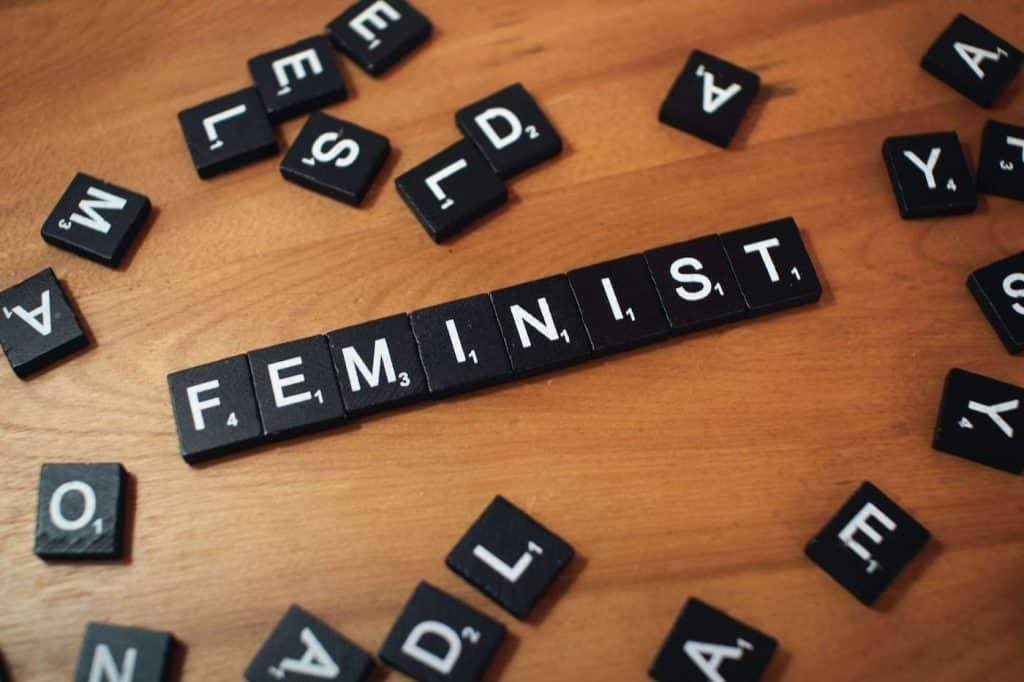
Photo by Jen Theodore for Unsplash
“Luck is not chance, it’s toil; fortune’s expensive smile is earned.” Emily Dickinson
I have spent my entire life being taught from the male perspective. I have also struggled with the title of feminist many times. One day my son and his girlfriend were talking near me, and I heard a conversation that ended with him saying, “Oh my mom is a feminist, you’d better be careful.” What did that mean, and why did I care? For me, being a feminist simply means I am a strong, independent woman who has ideas and thoughts of her own; but it also means something else, which is an idea that confuses even me. I mean, how could I be a feminist when I am also a conservative woman? I may have certain political leanings, that include my personal views on taxes, abortion, and gun rights, butt my core, and regardless of politics, I am compassionate, believe in equal rights for everyone, and I am a huge advocate for those who cannot advocate for themselves. More importantly, I love literature and want to change the study of its classics to be more progressive and inclusive to help positively shape the future minds of society.
I have had people, including my husband, roll their eyes when I tell them of the feminist papers I have written in graduate school. But I wanted it known that I was not the kind of student, mother, friend, wife, or writer who wants to lessen the achievements of or critique the male opinion or perspective. I simply want to look at all novels from a feminist perspective, or to be more accurate, the gender theory lens. As I continued to work through the courses in my graduate program, I chose to write my thesis papers using the feminist theory. I became fascinated with Simone de Beauvior, Helene Cixous, Elaine Showalter, and Julia Kristeva to name a few. In fact, toward the end of my program, my advisor encouraged me to start exploring teaching opportunities. The country’s pandemic had left schools in dire need of teachers, and that is when my confusion over “who” I am began to take shape.
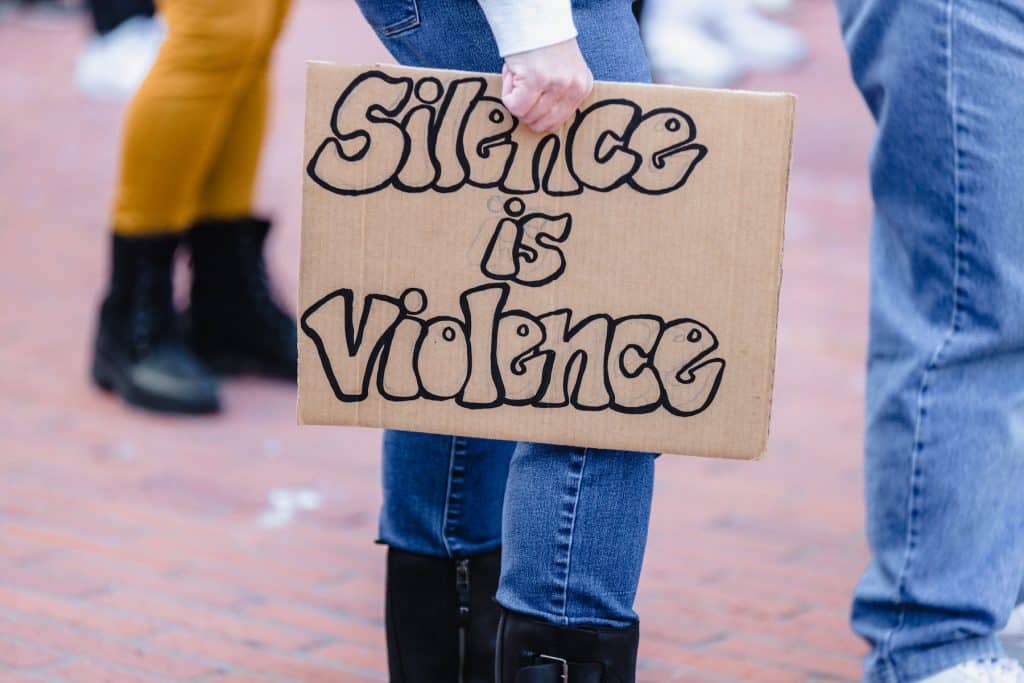
Photo by Jason Leung for Unsplash
“People need hard times and oppression to develop psychic muscles.” Emily Dickinson
In September of 2020, I began teaching at the same college prep school that I had attended as a high school student. I was hired to teach American literature to eleventh grade and world literature to tenth, both at the honors level. What struck me at first was the utter lack of female writers or global literature included in each grade level’s curriculum. For starters, we study Ibsen, Sophocles, Shakespeare, and Homer as part of our world literature curriculum. But the plethora of global authors begging to be explored by these bright young women is astounding. Is it not our duty to expose them to the issues and world problems that exist? Here was my chance to explore the feminist lens in both my grade levels.
I had a wonderful experience exposing the girls to feminist retellings, rewrites and responses. The girls had an awakening, however, when I went to the school library and picked up Emily Wilson’s translation of The Odyssey. We watched a provocative interview on YouTube with a young male academic who questioned Wilson on her motives and views on being the first woman to translate the epic poem into English in 2017. Her response moved the girls with its simple frankness. She responded that no one asks a man that question when he does it. From then on, I used her translation alongside Robert Fagles and Stanley Lombardo’s to illustrate the comparison in language and tone. I explained to the girls that a lot of the practices we find abhorrent in modern society, particularly slavery and misogyny, take root in classical antiquity. By exploring and using gender theory to see the way we can look at the past to alter the future was mind blowing to my students, and that is where I drew the inspiration for my graduate thesis.
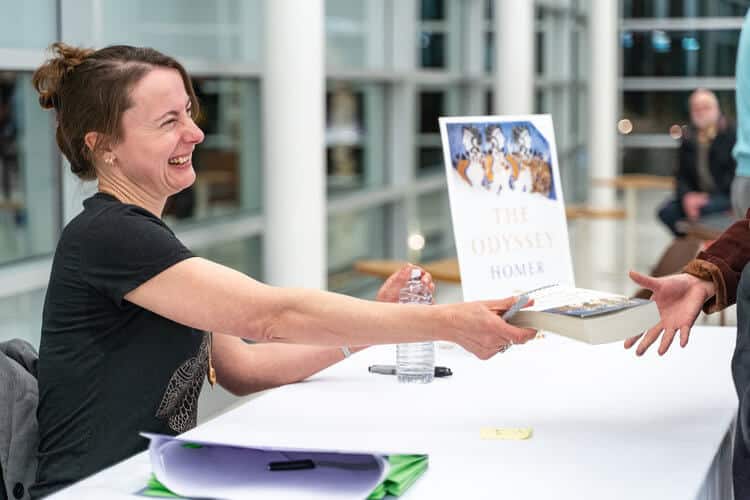
Photo of author Emily Wilson from author’s website
“I am nobody! Who are you? Are you a nobody, too?” Emily Dickinson
In my initial phone call with my thesis director, I began by telling him that I wanted to write about Emily Dickinson. He paused and asked why. Being the reluctant feminist that I am, I became very nervous and responded with, “Because I LOVE her.” His insight was astounding. I began to tell him about my first year of teaching at my conservative school and the challenges I faced. I explained how I had introduced a way to teach Homer’s The Odyssey with a feminist lens. Even though I could not change the text, or the author, I could change the translation.
Emily Wilson, a British classicist, first translated The Odyssey into English in 2017, and I had been using it to supplement the Stanley Lombardo translation. In fact, since 1615 there has been one male translation after another until Wilson took on the task. I told my professor about how my girls were excited to read classical antiquity with my addition of a female translation, as well as adding Margaret Atwood’s The Penelopiad, which is the feminist retelling of Penelope and Odysseus’ story. To that he said, “Well you have an entire thesis paper right there.” After further explanation regarding my view of the importance of translations based on my life and personal experiences, he said something so poignant and incredible to me that I will never forget and still brings tears to my eyes for the impact it has had on me. He said, “well let’s just put Emily Dickinson in the front seat with you and let her come along for the ride.” I not only wrote and completed a successful thesis, I was also rehired for another year at my current school. The best part is that after I signed my contract, I was granted permission by the dean of academics and the principal to formally use the Wilson translation of The Odyssey, something that had never been done. So what do I say to those who question my motives and my feminism? I just simply say that I am ready to put Robert Fagles and Stanley Lombardo in the front seat next to me for the ride.
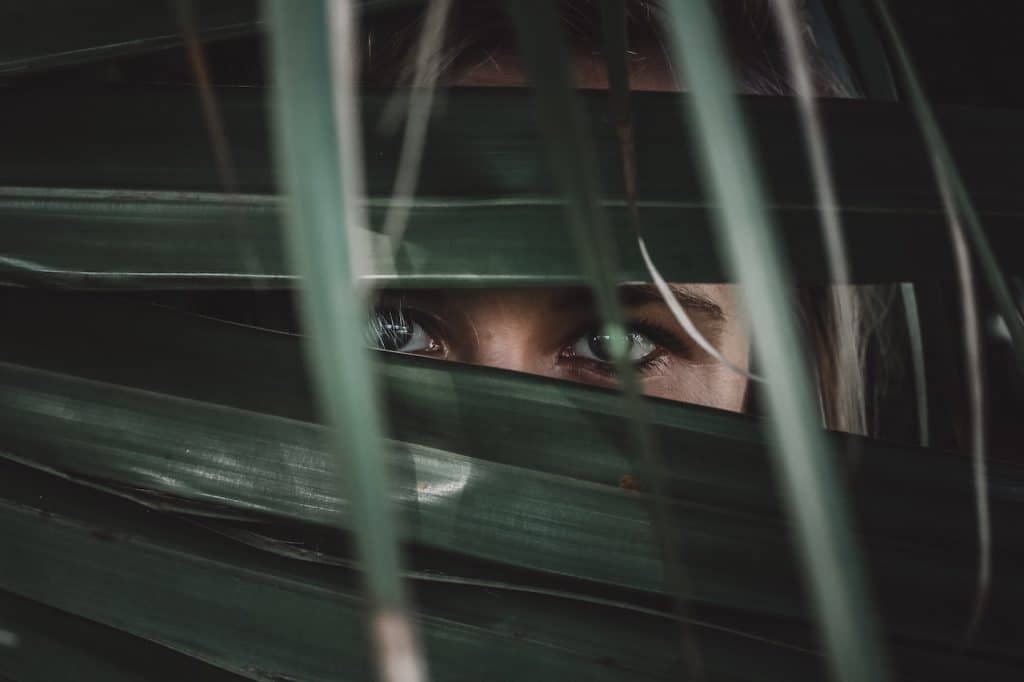
Photo by KyleCut for Unsplash
“A word is dead when it is said, some say.
I say it just begins to live that day.” Emily Dickinson
This ride is important not solely for the purpose of wanting to teach from a feminist perspective; it is so much more than that. I can be a modern conservative woman and still want to find progressive ways of teaching literature to make positive change for the future of humanity. Contemporary students can take valuable lessons from classical antiquity and from classical American and British literature as well, but the abhorrent practices that survived for centuries, such as slavery and its brutality, find their roots in works such as Homer’s.
By introducing Emily Wilson’s translation, I was able to show my students that, according to Wilson, by using words such as “maids” or “servants,” one implies that they were free; they were not free. Wilson used the word “slave” deliberately. She also did not use the famous epithets used to honor a hero when describing Odysseus, because misogyny finds its roots in Classics and has been perpetuated within societal behavior all over the world.

Photo by Raphael Rychetsky for Unsplash
“Hope is the thing with feathers that perches in the soul – and sings the
tunes without the words – and never stops at all.” Emily Dickinson
Women were sometimes silenced in ancient texts, and that has been ignored for hundreds of years in classrooms around the country. When we begin to see that we need a modern, progressive, and in my opinion, a feminist perspective, we can truly understand how culture affects education and thought process. When we start to add the feminist lens, we can see how dangerous and downright ignorant it can be to solely focus on single viewpoints.
My greatest sense of joy comes from a student of mine, an openly gay young woman, who said to me on the last day of school, “you made your classroom a safe space for us this year and for that I will never forget you.” I was moved to tears immediately. I want to make my classroom a place of open dialogue, inclusion, empathy, progress, and change. We can cherish classical literature, but we must blaze the trail in ways Emily Dickinson was reluctant to, and Emily Wilson was not. So for me being a “reluctant feminist” means that I can still be a conservative woman, but I can also be a feminist, because both can drive in the same car and do amazing things to change the world and make it a safe place.
AUTHOR’S MEMO
This autoethnographic essay is a further extension of my M.A graduate thesis completed in July 2021. It is a personal response to the questions and issues concerning what it means to be a teacher in the 21st century amidst cultural turmoil regarding issues rooted in classical antiquity. It is a fusion of personal experience, both culturally and educationally, and finds inspiration from my first year teaching experience at an all female school that espouses conservative values, and a less than diverse curriculum. Its aim is to promote all educators and scholars to look for progressive ways to teach classical literature using a feminist lens to help understand the root of slavery and misogyny in our societies. It is also an admission to the struggle of being open about being a conservative woman who has strong feminist values, and loves literature and its study and instruction.



